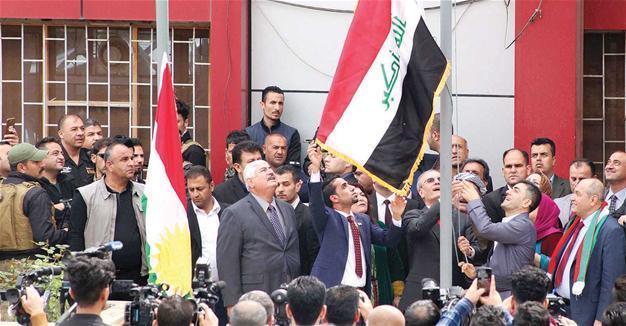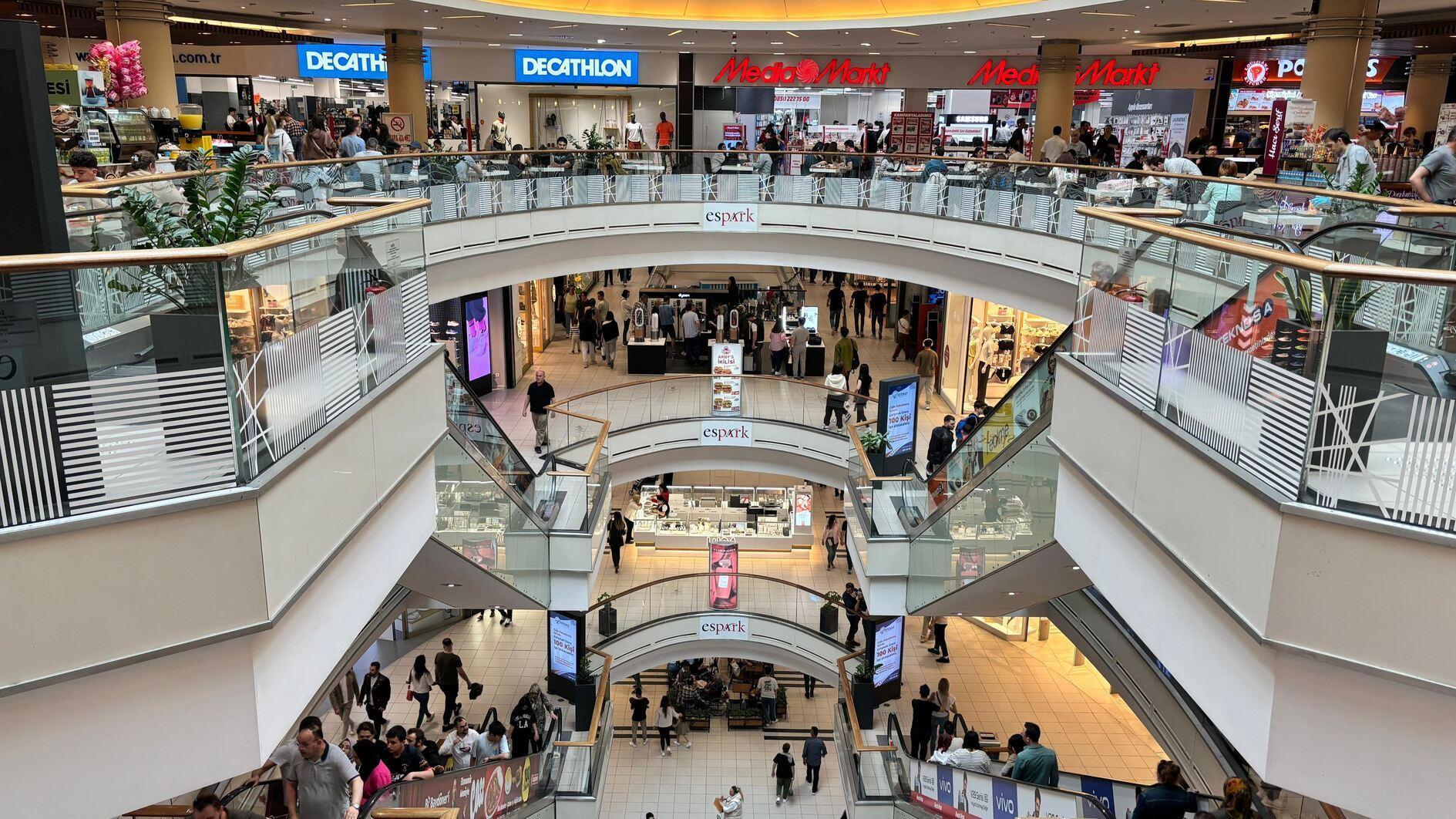Kirkuk governor refuses to pull down Iraqi Kurdish flag
KIRKUK
 Kirkuk governor Najmiddin Karim has refused to apply a decision by the Iraqi parliament to pull down the flag of northern Iraq’s Kurdistan Regional Government (KRG) over the city’s public buildings and institutions.
Kirkuk governor Najmiddin Karim has refused to apply a decision by the Iraqi parliament to pull down the flag of northern Iraq’s Kurdistan Regional Government (KRG) over the city’s public buildings and institutions.“The decision taken in the Iraqi parliament is not legal; it is a hasty decision,” Karim said in a statement on April 2.
“We have no obligation to implement this decision,” he added.
Members of the Kirkuk Provincial Council voted on March 28 in favor of raising the KRG flag over official buildings during a meeting that was boycotted by Turkmen and Arabs.
On April 1, the Iraqi parliament in a session voted against the decision of the Kirkuk Provincial Council.
During the session, the Iraqi government stressed that only the Iraqi flag should fly over state buildings in the province.
“The political future of Kirkuk cannot be determined by raising or lowering the flag. Raising the flag doesn’t mean the city is now a part of Kurdistan,” Karim said.
The motion in the Iraqi parliament was placed by Turkmens from Kirkuk, who are against the raising of the Kurdish flag, while the April 1 vote was boycotted by Kurdish lawmakers.
Karim’s remarks came one day after Turkish Prime Minister Binali Yıldırım said attempts to raise the Kurdish flag in Kirkuk was a fait accompli and was unacceptable.
“We do not accept a fait accompli. We think a decision like this, which aims to change the demographic makeup of Kirkuk, is not correct. This is clearly against the Iraqi constitution,” Yıldırım said in a televised interview on private broadcaster CNN Türk on April 1, adding that he discussed the issue with his Iraqi counterpart, Haider al-Abadi, on March 31.
During the 2003 U.S.-led invasion of Iraq, Kurdish Peshmerga forces seized Kirkuk, prompting an influx of Kurds into the city.
Kirkuk is home to various religious and ethnic communities, some of which – notably Arabs and Turkmen – do not want to see the province under permanent Kurdish control.
















